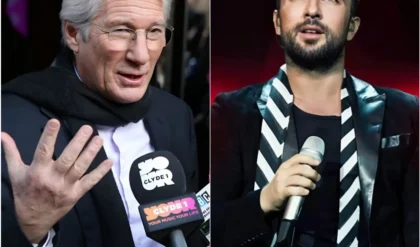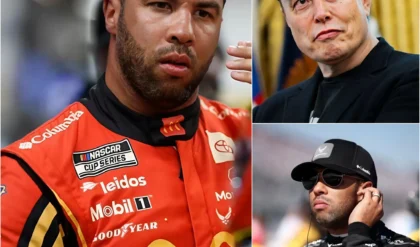Formula 1’s competitive tension reached new heights this week when Mercedes team principal Toto Wolff publicly labeled Red Bull Racing boss Christian Horner an “a**hole,” reigniting one of the sport’s most high-profile rivalries. The dramatic comment has immediately drawn attention from fans, media outlets, and fellow team principals, sparking debates about professionalism, personal clashes, and the fierce competition between two of F1’s most influential figures.
The feud between Wolff and Horner is well-documented, dating back several seasons when Mercedes and Red Bull were frequently battling for both the Constructors’ and Drivers’ Championships. While much of their rivalry has traditionally played out in private meetings, press conferences, and pointed comments during race weekends, Wolff’s blunt remark marks one of the most overt personal attacks in recent memory. The statement, made during a post-race interview, left pundits and viewers stunned, as it exposed the depth of animosity between the two executives.
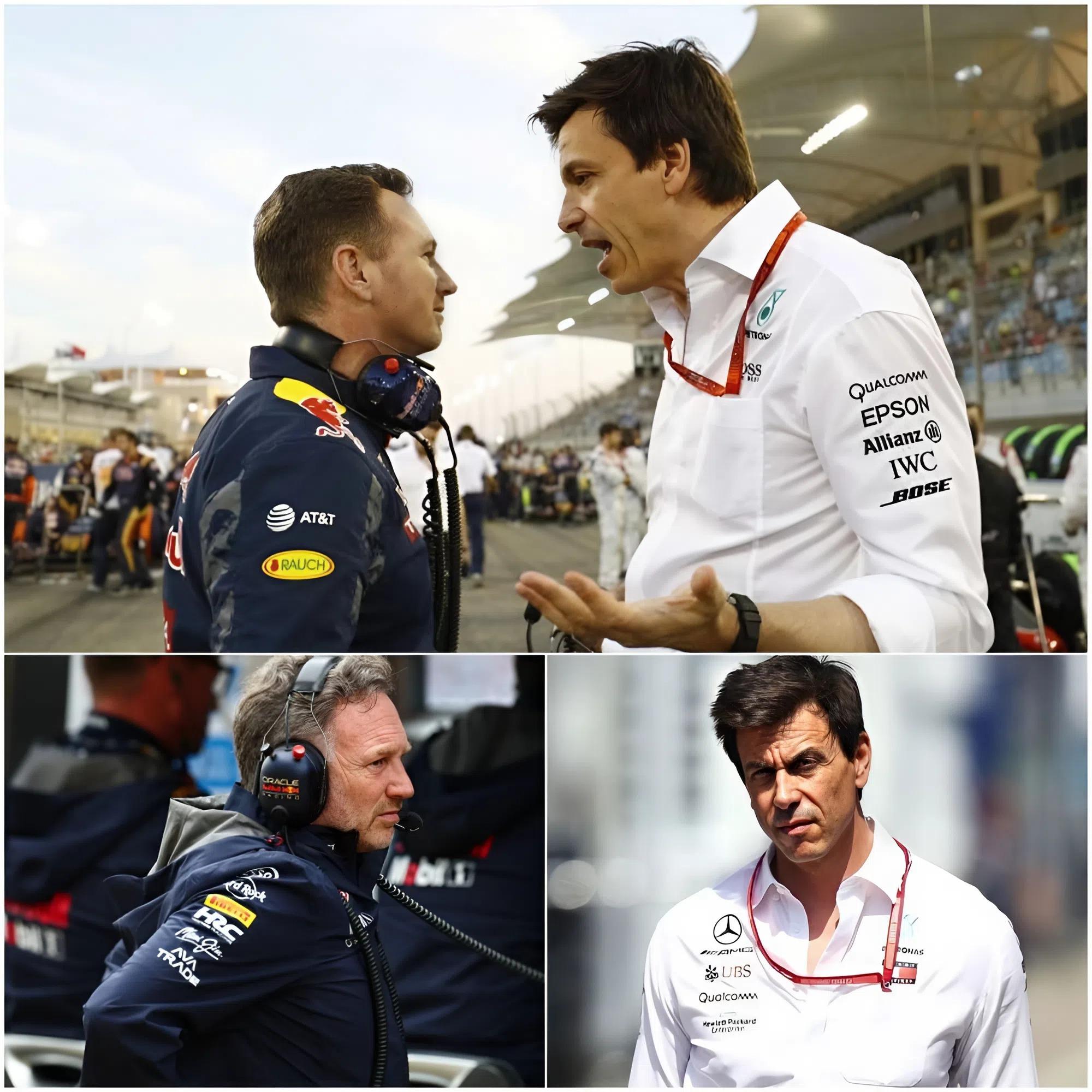
Mercedes has been dominant in recent years, with Wolff overseeing multiple championship victories and managing a roster of top-tier drivers. Red Bull, under Horner’s leadership, has emerged as a formidable challenger, with Max Verstappen’s talent pushing the team to new heights. The rivalry between Wolff and Horner is not just about competition on the track; it reflects contrasting management styles, approaches to team strategy, and public personas. Wolff, known for his sharp analytical mind and sometimes blunt commentary, often clashes with Horner’s confident and media-savvy approach.
The “a**hole” remark quickly went viral on social media, where fans and pundits dissected every nuance of Wolff’s words. Some interpreted the comment as a lighthearted jab fueled by the heat of competition, while others viewed it as a serious indictment of Horner’s conduct in negotiations, race strategy discussions, and public communications. Twitter, Instagram, and Formula 1 forums were flooded with reactions, with supporters of each team debating the merits and implications of the remark. Memes, video clips, and opinion threads further amplified the discussion, highlighting how a single comment can dominate global conversation in the digital age.
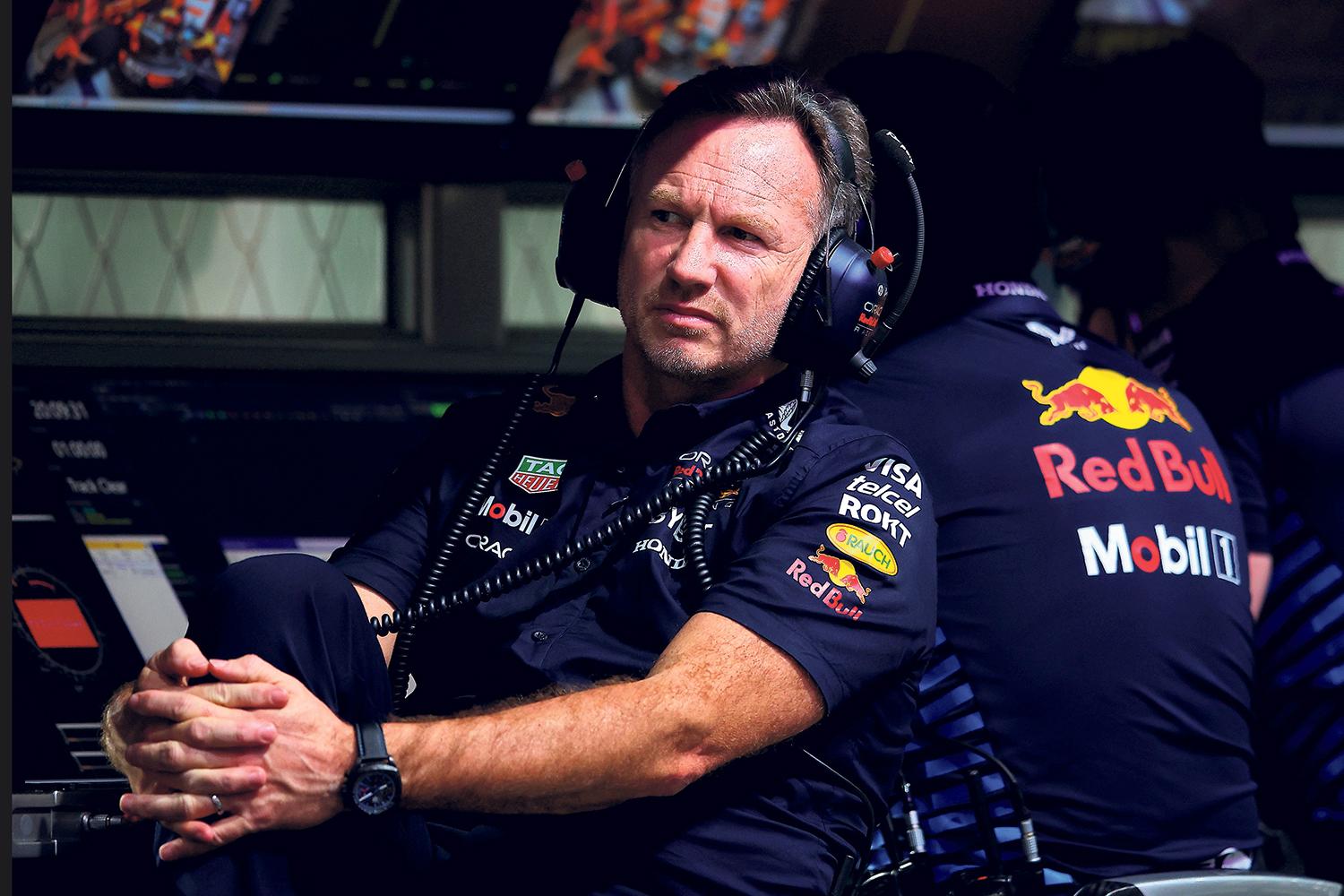
Horner has not yet responded directly to Wolff’s statement, but insiders suggest that the Red Bull team principal is weighing his next move carefully. Any response, whether conciliatory or confrontational, could have significant consequences for team dynamics, media perception, and the ongoing battle for championships. Historically, Horner has balanced assertiveness with diplomacy, using media statements strategically to defend his team while maintaining a competitive edge.
Analysts point out that the Wolff-Horner rivalry exemplifies the high-stakes environment of modern Formula 1. While drivers often capture the spotlight, the executives behind the scenes play a crucial role in shaping outcomes, negotiating technical regulations, and influencing race strategy. Personal tensions between team principals can ripple throughout the paddock, affecting driver morale, sponsorship negotiations, and public perception of the sport. Wolff’s public statement has therefore not only intensified the rivalry but also reminded fans and stakeholders that Formula 1 is as much a battle of personalities and leadership as it is of speed and skill.
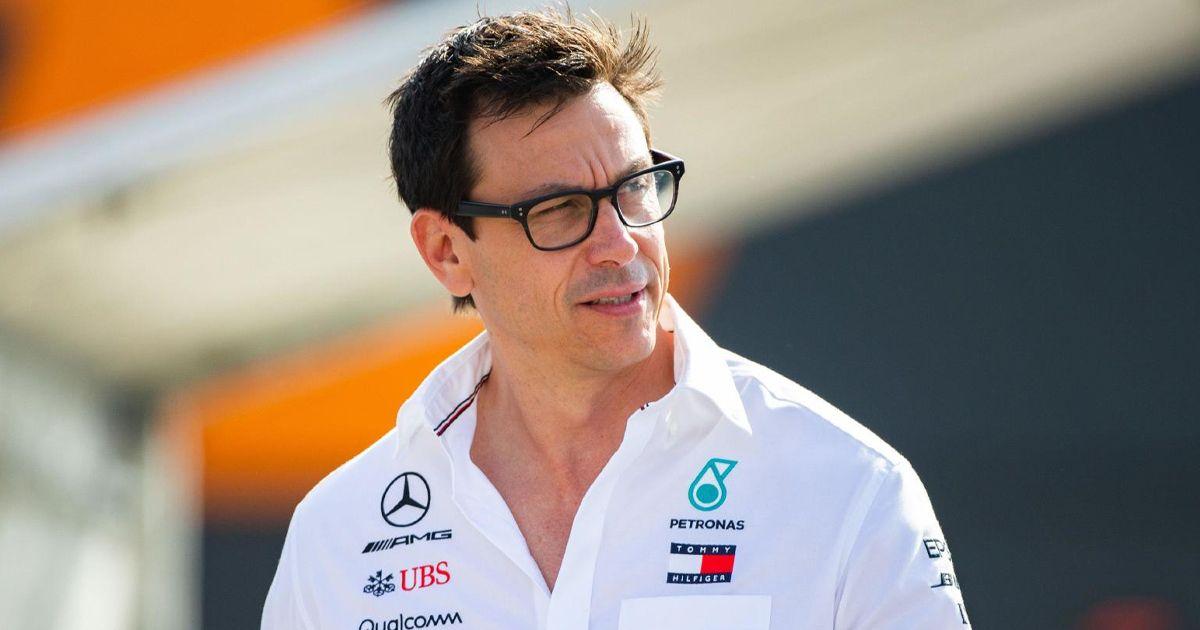
This incident also highlights the evolving nature of media in Formula 1. Unlike previous eras, where internal disputes were contained within private meetings or carefully worded press statements, social media and real-time coverage amplify every comment. Wolff’s candid remark illustrates how the pressure-cooker environment of modern F1 can lead to explosive public moments, creating viral stories that dominate headlines far beyond the track.
In conclusion, the confrontation between Toto Wolff and Christian Horner has once again showcased the intense, personal side of Formula 1 rivalries. As the championship progresses, fans will be watching not only the on-track battles between Mercedes and Red Bull but also the behind-the-scenes drama between two of the sport’s most formidable leaders. Whether this feud escalates further or is tempered by diplomacy remains to be seen, but one thing is certain: the Wolff-Horner rivalry continues to define a significant part of Formula 1’s competitive and media landscape.
